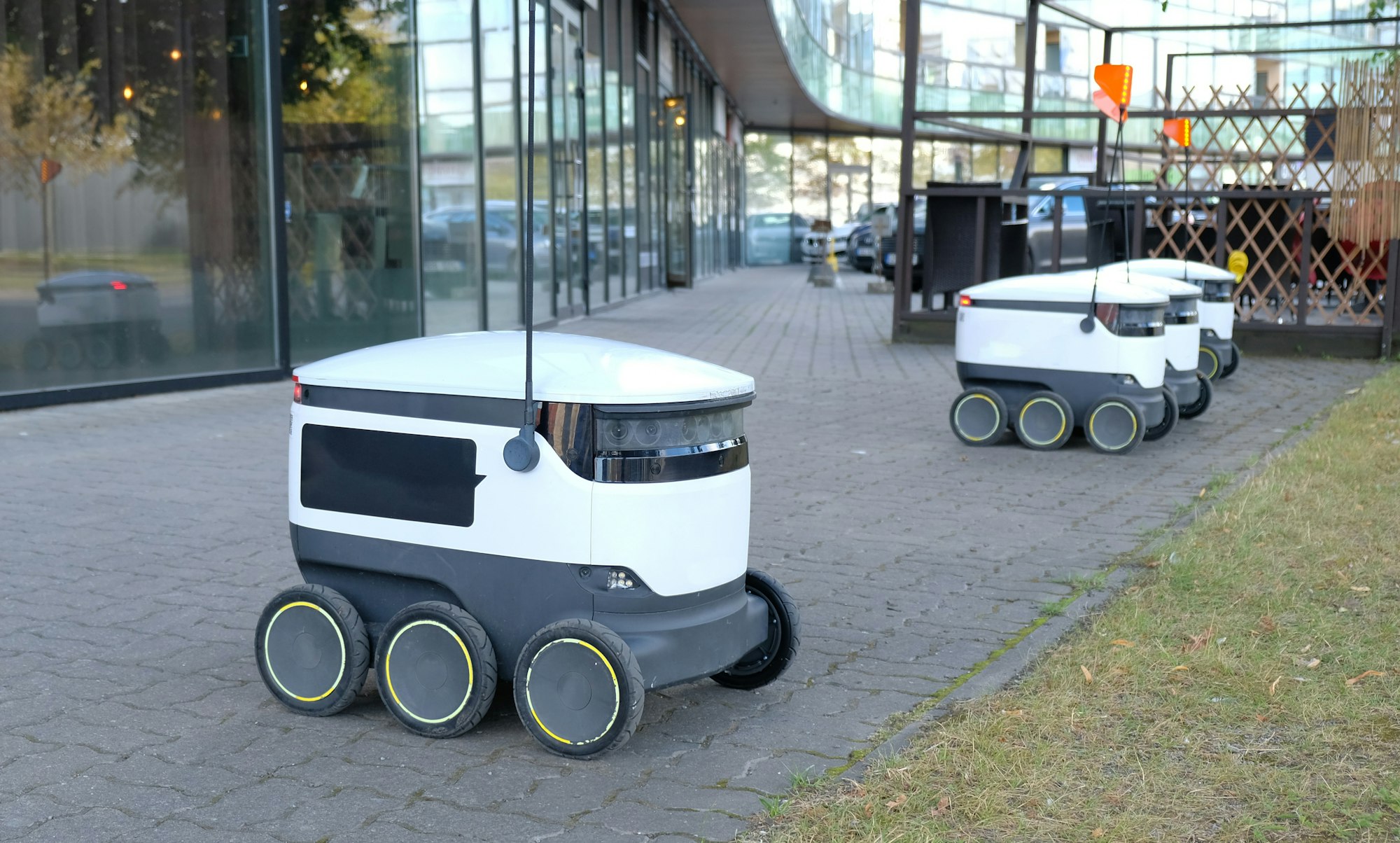A Breakthrough in How Robots Make Decisions
A Smart Formula for Robots to Think on Their Own
Researchers at the University of Hertfordshire have come up with a new algorithm that lets robots make decisions by themselves. This smart formula helps machines understand their surroundings and make choices without needing humans to tell them what to do. This is a big change from older robots that had to be given strict instructions.

Robots Acting More Like Humans
Professor Daniel Polani, a computer science expert at the University, explains that this new algorithm could help build robots that act more like humans. These robots could make decisions in a way that feels natural and intuitive, kind of like how we think and decide based on what’s happening around us. This could help robots learn and adapt better than ever before.
How This Changes Interacting with Robots
This new way of decision-making could really change how we interact with robots. Robots would be able to act more on their own, making interactions feel more genuine and helpful. They could work better in teams, whether they’re in factories, hospitals, or other places where teamwork is key.
The Future of Robots Thinking for Themselves
Making Robots Think Like Us
The idea of robots using intuition is a big leap towards creating more advanced AI. The aim is to develop robots that can handle new and unexpected situations on their own, like dodging sudden obstacles or responding to new instructions without needing extra help.
Robots Getting Smarter in Many Areas
As robots get better at making their own decisions, they could be used in many different fields like manufacturing, healthcare, and customer service. For example, robots in factories might soon navigate and solve problems all by themselves, which makes them more helpful in daily tasks and cuts down on the need for people to watch over them constantly.
Robots Working Together More Smoothly
The research at the University of Hertfordshire also shows that robots could work together more effectively. Using their new decision-making skills, robots could sync up their actions with other robots without needing step-by-step commands. This could make things more efficient in places like warehouses and assembly lines.
Practical Uses of Smarter Robots
Improving How Factories Work
This new tech could transform industries like manufacturing, where robots could take on more responsibilities traditionally done by people. They could adjust to new production needs, manage complex tasks, and keep things running smoothly with less need for updates.
Better Robots in Healthcare
In healthcare, smarter robots could lead to better and safer medical procedures. They could assist in surgeries or care for patients by making quick, accurate decisions based on the latest information, which could improve both results and patient safety.
Better Service with Robots
In places like stores, hotels, or customer service, smarter robots could really make a difference. They could better respond to customer needs and adjust to changes in their environment, offering a better experience for everyone involved.
Explore the exciting new AI algorithm from the University of Hertfordshire that lets robots think and act intuitively, transforming how they interact with us and improving automation across various industries.

Here are three frequently asked questions (FAQs) that might help readers better understand the topic discussed in the article:
FAQ 1: How does the new algorithm allow robots to “act on intuition”?
Answer: The algorithm developed by researchers at the University of Hertfordshire enables robots to process and respond to their environments autonomously. This means that instead of following a strict set of pre-programmed instructions, robots can make decisions based on the context they sense around them—similar to human intuition. This allows for quicker adaptations and more fluid interactions in dynamic environments.
FAQ 2: What are some potential real-world applications of this intuitive robot technology?
Answer: This technology has vast applications across many industries. In manufacturing, robots could autonomously handle complex tasks and adapt to changes without needing constant reprogramming. In healthcare, robots could assist in surgeries or patient care with enhanced precision and adaptability. Additionally, in customer service, robots could interact more effectively with customers by responding to their needs in real-time based on environmental cues.
FAQ 3: What are the benefits of robots that can make decisions independently?
Answer: Independent decision-making in robots offers several benefits:
- Efficiency: Robots can perform tasks faster and adapt to new challenges without waiting for human intervention, potentially increasing productivity.
- Safety: In fields like healthcare, autonomous robots can perform delicate procedures with precision, reducing human error.
- Cost-effectiveness: With robots handling more complex tasks on their own, there could be reduced need for frequent oversight, which can lower labor costs and operational expenses.
- Improved human-robot interaction: Robots that behave more naturally can integrate more seamlessly into environments designed for humans, enhancing the overall experience and effectiveness of robotic assistance in everyday tasks.
Sources BBC



Thanks for sharing. I read many of your blog posts, cool, your blog is very good.